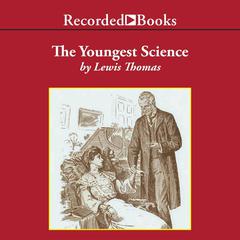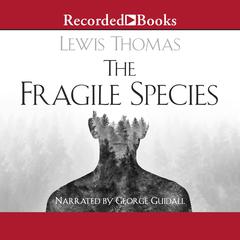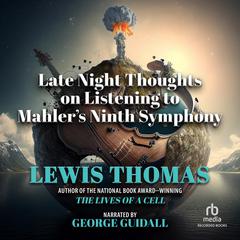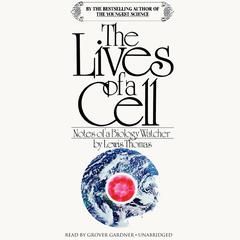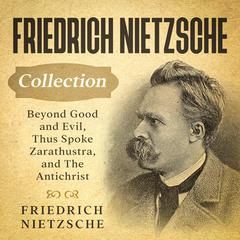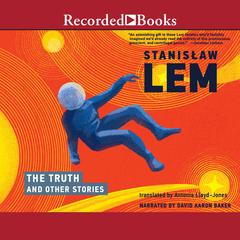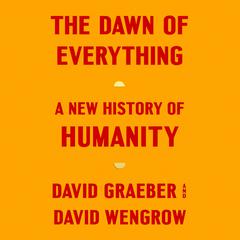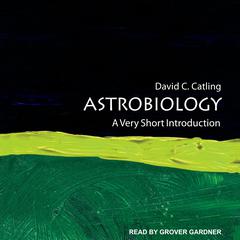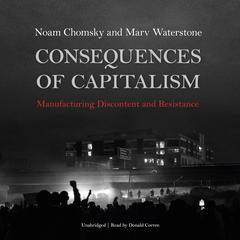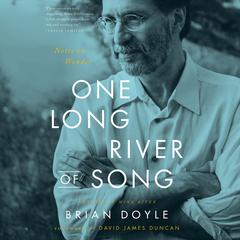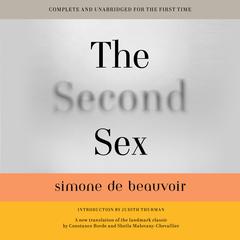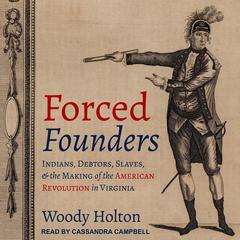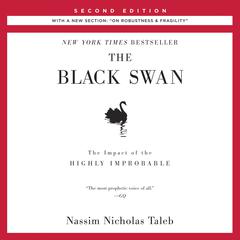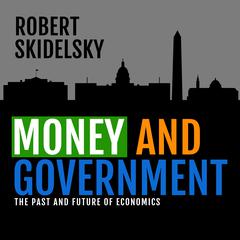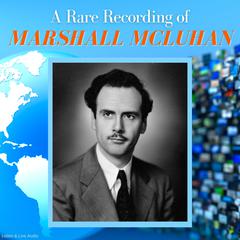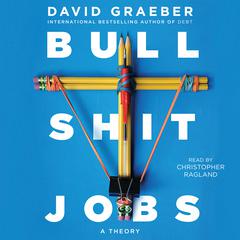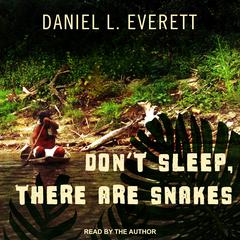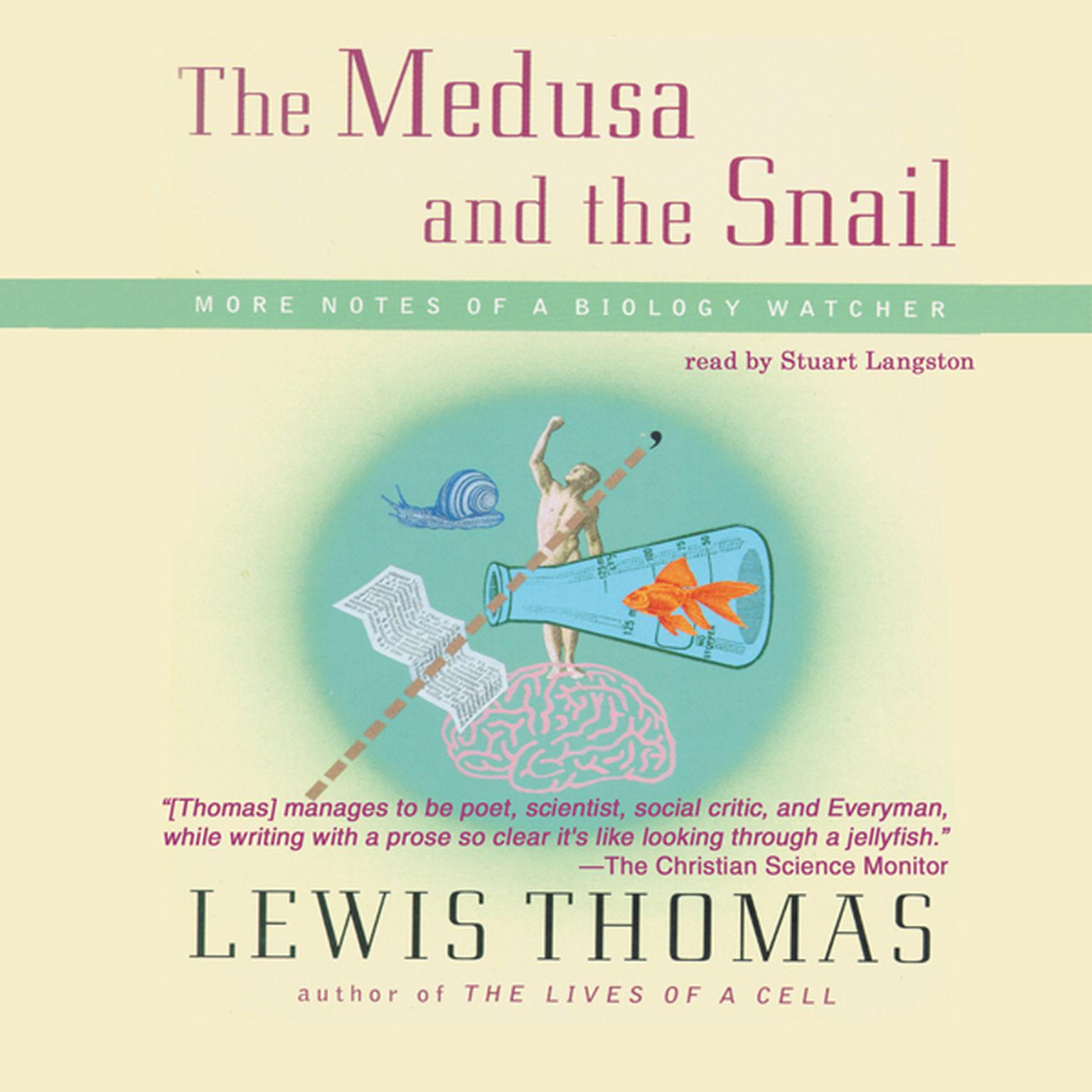 Play Audiobook Sample
Play Audiobook Sample
The Medusa and the Snail: More Notes of a Biology Watcher Audiobook
 Play Audiobook Sample
Play Audiobook Sample
Quick Stats About this Audiobook
Total Audiobook Chapters:
Longest Chapter Length:
Shortest Chapter Length:
Average Chapter Length:
Audiobooks by this Author:
Publisher Description
Lewis Thomas has been said to be a philosopher who uses the language of biology. His fascinating observations on the quirkiness of the world's infinite creations causes listeners to ponder the workings of the cosmos through the most microscopic of life forms.
The medusa, a tiny jellyfish that lives on the ventral surface of a sea slug found in the Bay of Naples, becomes a metaphor for eternal issues of life and death as Thomas further extends the exploration of man and his world which he began in The Lives of a Cell. Among the treasures in this magnificent book are essays on the human genius for making mistakes, on disease and natural death, on cloning, on warts, and on Montaigne, as well as an assessment of medical science and health care. In these essays and others, Thomas once again conveys his observations of the scientific world in his eloquent prose marked by wonder and wit.
Download and start listening now!
"I read this back in high school, but I reread the introduction recently. There's a fascinating discussion of the history of pharmaceutics in the 20th century. When Thomas was trained as a doctor, the pharmaceutical industry, then patent medicine industry, was being placed firmly under the thumb of doctors, who had surgical techniques and other therapies that far surpassed the effectiveness of the medicines being sold. Then sulfa drugs and penicillin changed the game and pharmaceutics took over, even though they never came up with anything even half as good as penicillin. In many ways, pharmacy as a whole is still riding on the coattails of penicillin."
— Adrian (5 out of 5 stars)
Quotes
-
“This research biologist always has something fresh to contribute.”
— People -
“If Montaigne had possessed a deep knowledge of twentieth-century biology, he would have been Lewis Thomas.”
— Edward O. Wilson -
“[Thomas] manages to be poet, scientist, social critic, and everyman, while writing with prose so clear it’s like looking through a jellyfish.”
— Christian Science Monitor -
“Varying in length and topic, these essays address death, cloning, symbiotic relationships in nature, as well as a wide range of other subjects.”
— Audiofile
Awards
-
Winner of the 1981 National Book Award
-
Finalist for the 1980 Pulitzer Prize for General Nonfiction
The Medusa and the Snail Listener Reviews
-
" This is a book that I will cherish. If asked what book I'd choose if I were in isolation The Medusa and the Snail would be a fierce contender for MVP. "
— Jane, 2/12/2014 -
" The best chapters were the first one about the Medusa and the Snail; the one on punctuation (my 6 year old has been fascinated with the idea of multiple parentheses, so I showed him the paragraph with 12 close-brackets at the end and it's given him ideas for his story-writing); and the ones on the history of medicine. Imagine being in med school when penicillin was discovered - being part of a revolution in medicine. "
— VeganMedusa, 1/31/2014 -
" Lewis Thomas is, of course, an evolutionist, and I cannot avoid differing with him on a LOT of things he said in this book. More than in The Youngest Science, I felt for him, since he comes closer to the fact that everything is designed. And designed by whom? Anyway, this selection varies pretty broadly in quality with some leaning to evolutionary utopia, and some understanding how hopelessly stuck we are. Perhaps my favorite would be his essay on the Health-Care System. He understands at his best how our society's focus on health is very unhealthy indeed. "
— Brian, 1/21/2014 -
" Thomas's respect for nature and science really shines through in these essays. I just loved them. "
— Charles, 12/16/2013 -
" His fascination with language and the roots of words is a tiresome way of structuring his views on the world and science, so I skipped over a lot of these parts of the book. Etymology aside it is still interesting and hilarious, and fresh- his interests and observations are still engaging thirty+ years after he wrote the book. Amateur scientists rejoice! Oh and he taught me that warts are a subconscious thing and can be cured by hypnosis. This book is a colorful woven thing "
— Hannah, 11/23/2013 -
" A great book about ecology for the ecologist and literature lover. "
— Margaret, 11/21/2013 -
" This is a collection of beautiful essays by Lewis Thomas. Think of it as scientific poetry. "
— Brad, 11/6/2013 -
" Lewis Thomas has a way of making science understandable and attractive to the "lay" scientist. Barring his evolutionary worldview, he is spot on. "
— Elise, 10/12/2013 -
" Lewis Thomas, making the non-science lover love science, one essay at a time. "
— Brittany, 10/9/2013 -
" Love this one. Some evolutionary hogwash, but the essays are still really good. "
— Emma, 10/8/2013 -
" Followed The Lives of a Cell. Another remarkable collection of mindful, thought provoking essays on biology and humanity. Many of my favorites are in this book. The title essay is good but Transcendental Meta-worry and On Punctuation are great. "
— Dave, 8/4/2013 -
" He's the best. "
— Mark, 7/22/2013 -
" This was my first Lewis Thomas...am I missing something? Should i have read Lives of a Cell? "
— Beckydham, 6/28/2013 -
" Lewis Thomas, something of a da Vinci-Montaigne-Louis Pasteur mix, is a fabulous writer and keen observer of the world. If only he had noticed the One behind it all. "
— Gwen, 5/7/2013 -
" better than fly in ointment but also strays "
— April, 4/14/2013 -
" If I could write like Lewis Thomas, I would be satisfied. "
— Christopher, 10/20/2012 -
" And another by Lewis Thomas I'd recommend: The Lives of a Cell. Thomas is another scientist who writes like a thinker-poet. His writing is elegant. His novel and unique juxtaposition of ideas is always fascinating. A good way to start or to continue wondering about life. "
— Mary, 10/9/2012 -
" What can I say? This was the book that inspired me to go to medical school. It will always hold a special place in my heart. "
— Terry, 5/16/2012 -
" For those with an interest in nature and interesting musing "
— Ross, 4/25/2012 -
" One of the greatest science writers ever IMHO. "
— Curt, 1/31/2012 -
" Lewis Thomas looks at the world with a very specific, optimistic view--one which is, as if magically, backed up by biology, ecology, medicine, and other various sciences--and transmits this view with a very precise style of writing, making his essays altogether pleasures to read. "
— Michelle, 1/14/2012 -
" A must read for anyone who loves nature, one of my top 10 "
— Judy, 9/3/2011 -
" I have so far learned about the peculiar symbiotic relationship between a jellyfish and a snail. "
— Kat, 7/9/2011 -
" Boring, meandering, meaningless drivel. I'm not sure what this book promised to deliver, but I'm sure it failed. I only rated it one star because goodreads doesn't allow zero. "
— Joel, 5/23/2011 -
" If I could write like Lewis Thomas, I would be satisfied. "
— Christopher, 11/11/2010 -
" Musings on life and medicine from a thoughtful doctor. First published in the seventies, some of the entries are particularly interesting to read in light of advances in medical knowledge since then. Thomas's style is not literary, but his ideas have weight. "
— Al, 10/7/2010 -
" This is a collection of essays from a marine biologist. Some of it was interesting, such as the Medusa and the Snail he discovered in a symbiotic relationship off the coast of Greece. Not really my cup of tea. "
— Jesse, 6/2/2010 -
" better than fly in ointment but also strays "
— April, 5/11/2010 -
" This is a collection of beautiful essays by Lewis Thomas. Think of it as scientific poetry. "
— Brad, 11/12/2009 -
" Lewis Thomas, something of a da Vinci-Montaigne-Louis Pasteur mix, is a fabulous writer and keen observer of the world. If only he had noticed the One behind it all. "
— Gwen, 11/10/2009 -
" For those with an interest in nature and interesting musing "
— Ross, 10/7/2009 -
" Thomas's respect for nature and science really shines through in these essays. I just loved them. "
— Charles, 7/18/2008 -
" One of the greatest science writers ever IMHO. "
— Curt, 2/8/2008 -
" Lewis Thomas is THE science essayist. "
— Elizabeth, 12/26/2007
About Lewis Thomas
Lewis Thomas (1913–1993) was born in New York. He earned a bachelor’s degree at Princeton and a doctorate in medicine in 1937. He went on to become professor of pediatric research at the University of Minnesota, chairman of the Departments of Pathology and Medicine and also dean at the New York University—Bellevue Medical Center, chairman of the Department of Pathology and dean at Yale Medical School, and president of the Memorial Sloan-Kettering Cancer Center in New York City. His now classic book, The Lives of a Cell, won the National Book Award in 1974.
About Stuart Langton
Stuart Langton is an award-winning theater, film, and television actor. He has been an audiobook narrator for more than ten years. He lives in New York City.




